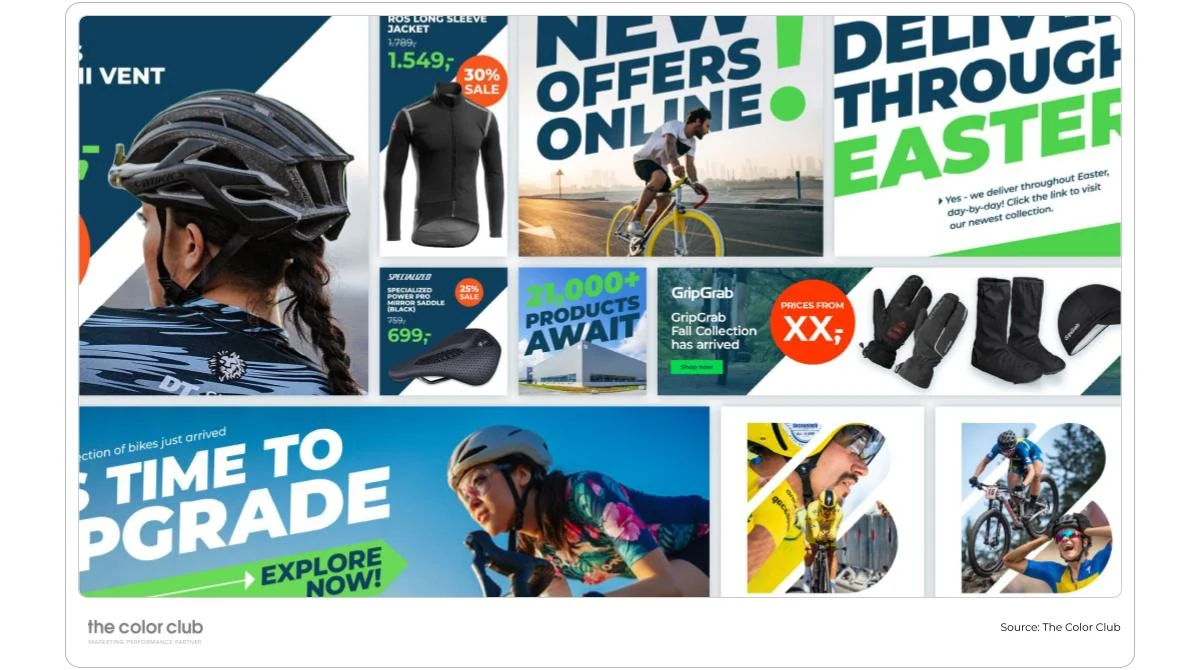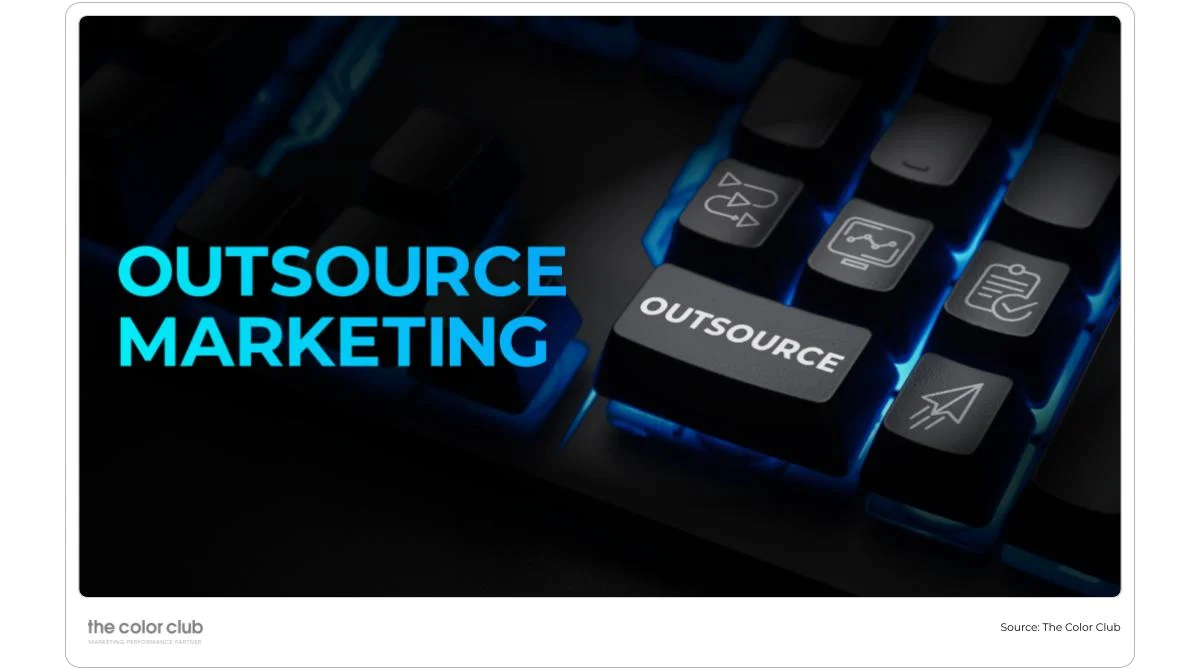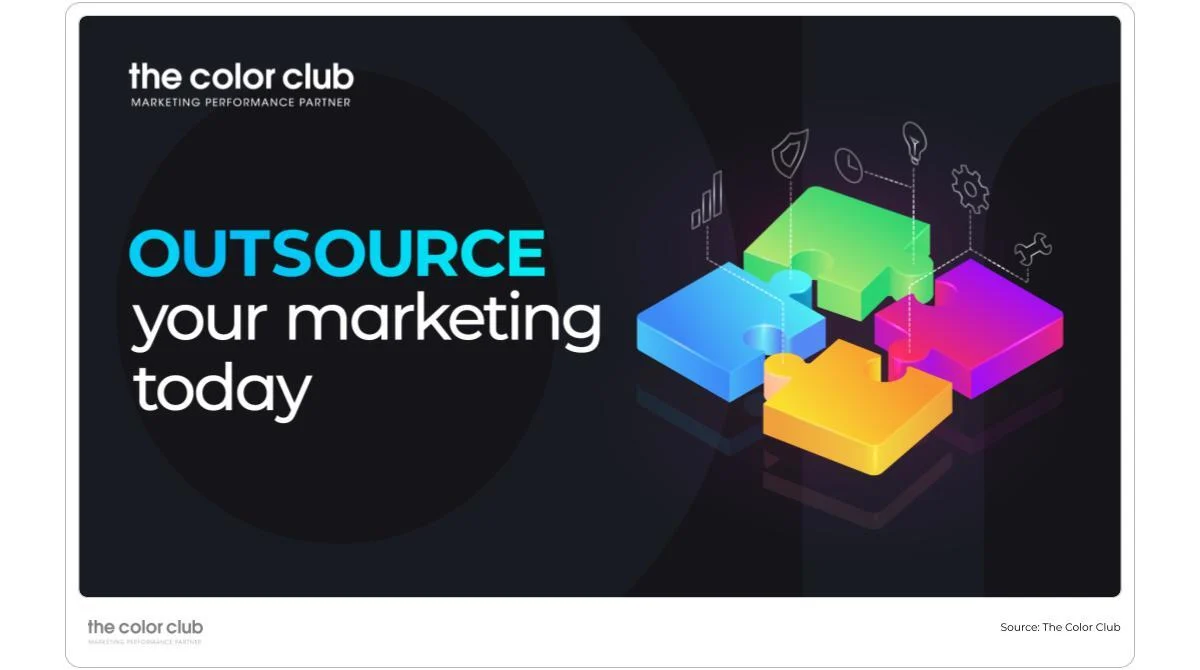Introduction
As marketers, producing content and never using it again is frustrating. The content sits in the digital ether, collecting ‘dust’, slowly losing its audience impact. Across the industry, I know that many companies spend 90% of their time creating a single master content piece, leaving them with a small window to introduce said content — this way of working always results in single-channel usage. So, why don’t we repurpose that content for other channels and formats?
The reasons are simple: adapting content is too time-consuming and labor-intensive.
But that’s where AI comes in.
With AI, we can quickly reproduce content at scale across multiple channels, delivering key messages, driving organic traffic and connecting with customers without repetitive or boring messaging. This ability to scale content quickly opens up possibilities for greater brand growth – a surefire reason to rethink your content strategy today.
Chapters
Understanding the ins and outs of content scaling
Traditional content scaling: what challenges do brands face
How AI and content creation interact to power your brand
How AI content scaling will benefit you
Enhancing your AI content scaling with centralized marketing
Understanding the ins and outs of content scaling
Content scaling refers to creating and distributing large volumes of content across various channels and platforms. It’s a critical aspect of brand strategy in the digital landscape, where content is king.
But what’s the goal?
Aside from scaling your brand’s content volume, this marketing strategy helps to:
- Expand your brand’s reach across differing audiences;
- Enhance your Search Engine Rankings;
- Drive traffic to your website;
- Boost conversions and sales.
All these elements contribute to delivering more significant brand growth. But even so, many brands are stuck in the past using traditional content scaling methods.
Traditional content scaling: what challenges do brands face
Traditional content scaling methods, aka without AI, will leave brands facing these types of challenges:
- Time and Resources: From brainstorming to publishing, each step requires significant effort and assistance.
- Consistency: With increased content volume, maintaining a consistent brand voice and message becomes more difficult.
- Diversity and Engagement: Keeping content varied and engaging is demanding, with repetition leading to audience disinterest.
Originally, content scaling was a manual process until new technology transformed this process. Digital tools like automation, now help brands schedule posts, analyze performance, and curate content. Still, these technologies have limitations, which opened the door for AI to revolutionize the process.
How AI and content creation interact to power your brand
Using advanced technology like Natural Language Processing (NLP) and Machine Learning (ML), AI is capable of generating content, proofreading, suggesting improvements, and even personalizing content for targeted audiences.
Here’s a snapshot of some AI-driven tools brands use today:
- Grammarly: This AI-powered writing assistant helps improve grammar, spelling, punctuation, and style in real time – it’s like having an English teacher on stand-by as you write.
- Quill: Powered by Advanced NLP, Quill analyzes data to generate insightful narratives and reports.
- Jasper AI: Using AI language models, Jasper generates text, translates languages, and writes various creative materials.
- Heliograf: The Washington Post uses AI technology to generate short reports on local football games, allowing the newspaper to cover a wider sports area while freeing reporters to work on other stories.
How AI content scaling will benefit you
By using artificial intelligence, you’ll automate and enhance the process of creating, organizing, and distributing content.
Let’s take a look at the significant benefits:
- Speed: AI can generate content faster than any human. It can analyze data, identify trends, and produce content in seconds. This speed is crucial in real-time marketing.
- Consistency: AI can be programmed to follow specific writing styles and tones, ensuring brand consistency – no matter the content volume.
- Personalization: By understanding user behavior and preferences, AI can generate content that resonates with customers on a deep, personal level.
- Analytics: AI can provide detailed analytics. This helps companies make data-driven decisions about what type of content to produce and how and when it should go live.
- Cost savings: With AI-supported insights, brands can use their resources better, improving marketing performance.
It’s important to remember that AI should complement, not replace, human creativity and judgment. The most effective content strategies combine the two, advancing our capabilities to become more efficient and powerful.
Enhancing your AI content scaling with centralized marketing
Let’s look at the case of BoConcept. This Danish furniture brand creates master campaigns scaled across multiple products, channels, sub-brands, markets, and languages. One campaign asset master transforms into countless final assets ready for global publication.
But what’s the secret to BoConcept’s success?
Centralization of production.
BoConcept realized local production agencies wouldn’t adapt correctly or have enough resources to deliver campaigns. So, they centralized their brand marketing.
By trusting a third-party agency that’s AI-powered for speed, scale and quality, BoConcept now has the power to deliver multiple campaigns across different markets and channels, efficiently and effectively across 64 languages.
What’s on the horizon line for AI content scaling?
From producing eye-catching articles to delivering multiple assets from one master, AI is changing how content is created, distributed, and consumed. But AI is no silver bullet.
Here are some things to consider moving forward:
- Quality vs. Quantity: While AI can deliver hundreds of articles per day, maintaining the quality of this content is significantly challenging.
- Lack of Creativity: AI can generate based on data and algorithms, but it lacks human creativity and emotional intelligence.
- Data Privacy: With more regulations protecting customer data, AI’s abilities might become limited as it relies heavily on user data for personalization.
Although some challenges lie ahead, several exciting developments are happening within AI that will shape the future of content creation and scaling:
- AI and Multimodal Content: As content creation broadens to include audio and video, AI will likely evolve to create and scale such content.
- Continuous Learning and Adaptation: AI will continue to learn and adapt, becoming better at creating high-quality, relevant, and personalized content.
- Greater Integration: AI will become increasingly integrated into content management systems, making AI-powered content creation and scaling more accessible.
The future will be about harnessing AI’s potential to develop a better, more efficient content ecosystem, responsibly and ethically.
My final thoughts
AI is a powerful tool – one that’s transforming content marketing. But the technology isn’t the be-all and end-all. It’s an enabler, not a replacement. We should use AI to advance our work as we move forward, not define it. After all, at the centre of every great brand isn’t an algorithm but a dedicated, resourceful and intelligent group of humans. And they’re the ones that deliver marketing magic.
Remember, like any tool, AI’s effectiveness will depend on how you use it. When introduced into your brand, analyze AI’s effects and see if you can adapt and grow. The potential benefits are vast, from speed and consistency to personalization and analytics, and they’re there for you to seize today.
If you have any questions about the topic, don’t hesitate to contact me.











